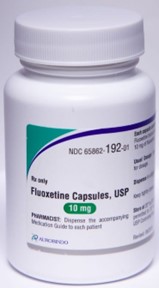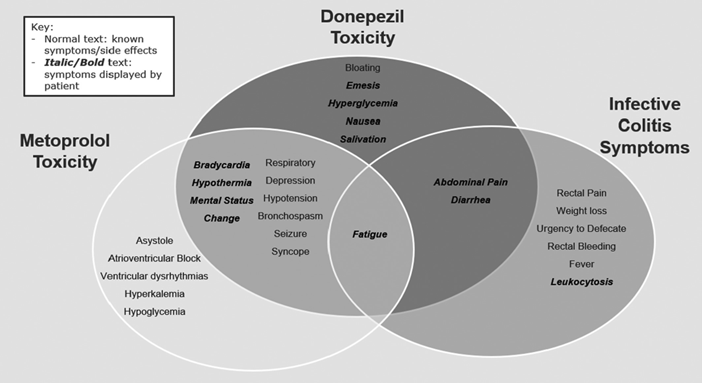Which medications might increase tremors in a client with Parkinson's disease?
Beta-blocker
Non-steroidal anti-inflammatory drugs (NSAIDs)
Traditional antipsychotic
Barbiturate
The Correct Answer is C
Traditional antipsychotics can increase tremors in people with Parkinson's disease ¹. These medications can block dopamine receptors in the brain, which can worsen Parkinson's symptoms ¹.
Option A is not correct because beta-blockers are not known to increase tremors in Parkinson's disease.
Option B is not correct because non-steroidal anti-inflammatory drugs (NSAIDs) are not known to increase tremors in Parkinson's disease.
Option D is not correct because barbiturates are not known to increase tremors in Parkinson's disease.
Nursing Test Bank
Naxlex Comprehensive Predictor Exams
Related Questions
Correct Answer is ["B","C","D","E"]
Explanation
The common adverse effects of fluoxetine that the nurse should include in their health teaching are nervousness, dry mouth, decreased libido, and insomnia ². These are all known side effects of fluoxetine and can occur in some people who take the medication.
Option A is incorrect because low-grade fever is not a common side effect of fluoxetine.
Option f is incorrect because bradycardia (slow heart rate) is not a common side effect of fluoxetine.

Correct Answer is D
Explanation
Donepezil is a medication that can cause side effects such as dizziness and fainting ¹. Therefore, it is important for the client to rise slowly from a lying or sitting position to prevent falls.
Option A is incorrect because donepezil can be taken with or without food.
Option B is incorrect because donepezil does have side effects ¹.
Option C is incorrect because the health care provider added donepezil to the client's daily routine, not to replace carbidopa/levodopa.

Whether you are a student looking to ace your exams or a practicing nurse seeking to enhance your expertise , our nursing education contents will empower you with the confidence and competence to make a difference in the lives of patients and become a respected leader in the healthcare field.
Visit Naxlex, invest in your future and unlock endless possibilities with our unparalleled nursing education contents today
Report Wrong Answer on the Current Question
Do you disagree with the answer? If yes, what is your expected answer? Explain.
Kindly be descriptive with the issue you are facing.
